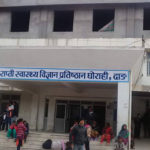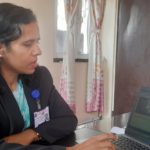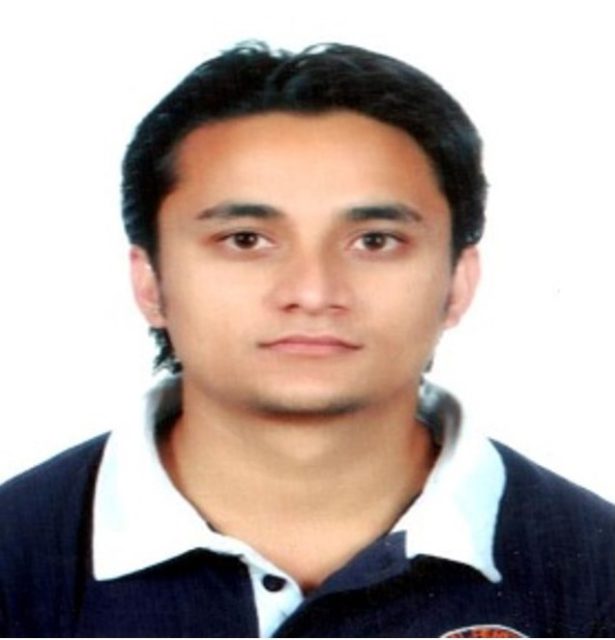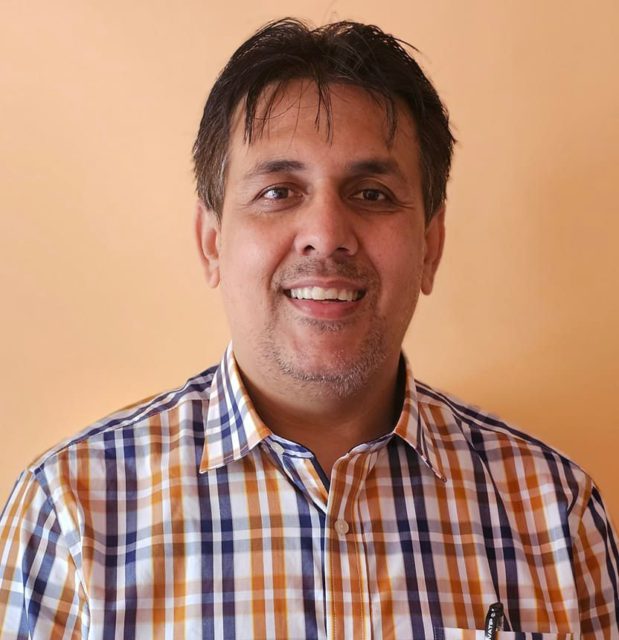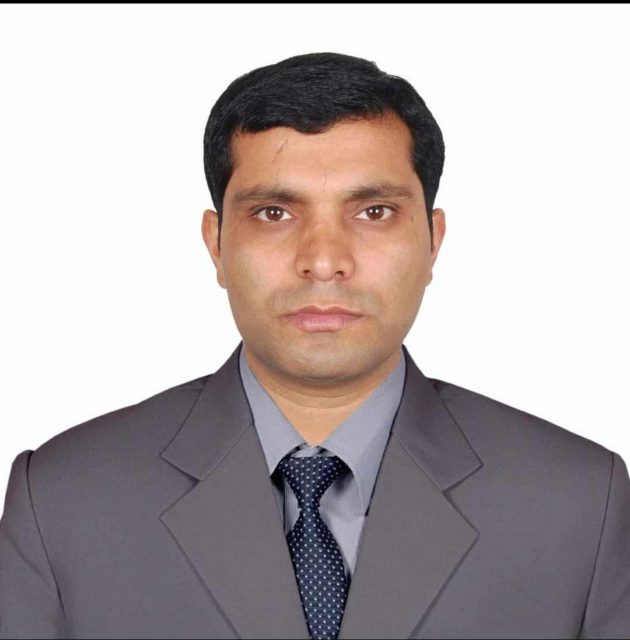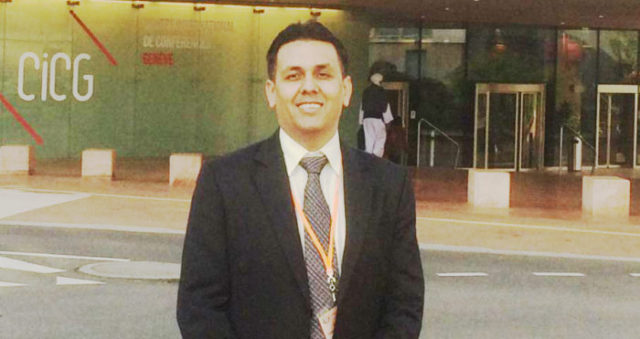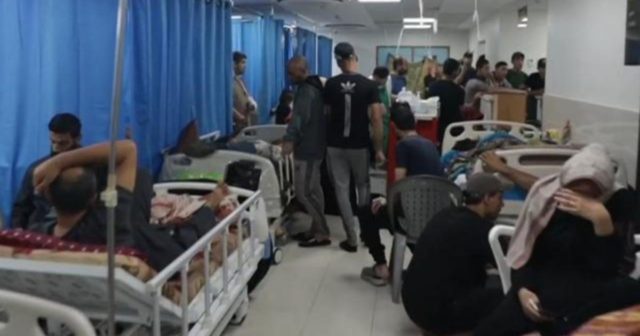Double Burden, One Fight: Why Climate Change Is Fueling the NCD Crisis in South-East Asia Region ?
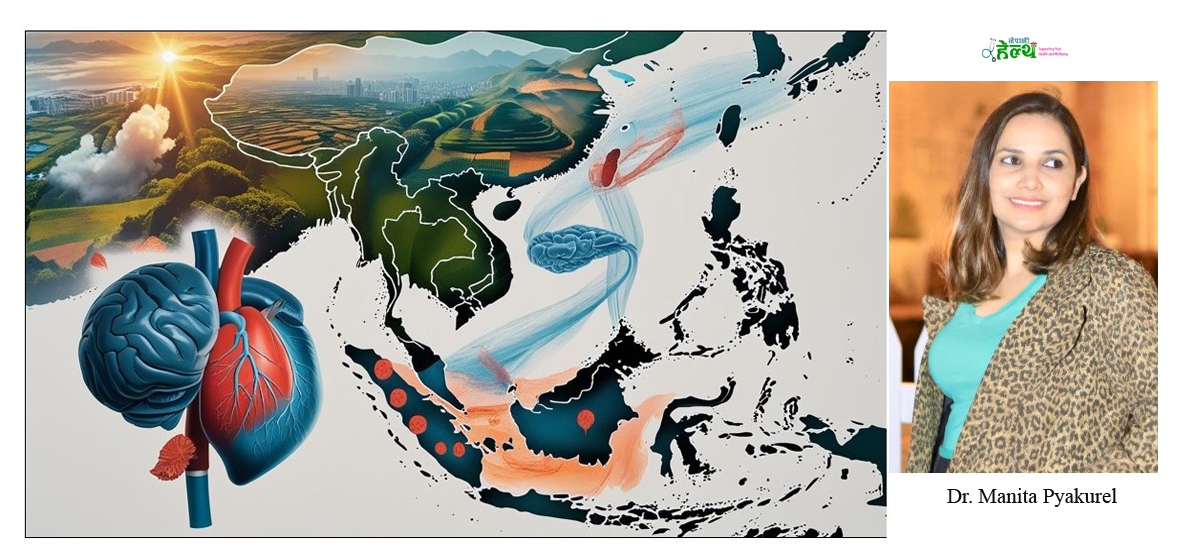
As the world observes World Environment Day on 5th June, 2025, South-East Asia finds itself at the epicenter of two deeply connected crisis: climate change and the surging epidemic of noncommunicable diseases (NCDs).
From the Himalayas to the coastal deltas, the burden of chronic diseases heart disease, stroke, diabetes, cancer, respiratory illness, and mental health disorders is no longer just a result of personal choices. It is being amplified by environmental degradation, rising temperatures, air pollution, food system breakdowns, and ecological stress. This is no longer a health issue alone, it’s a climate justice issue.
When the Air We Breathe Becomes the Enemy
Air pollution is now among the top five causes of death in South-East Asia. From traffic-clogged roads in Dhaka to brick kilns in Kathmandu and biomass stoves in rural India, millions inhale toxic air daily. These pollutants fuel a sharp rise in asthma, chronic obstructive pulmonary disease (COPD), stroke, and heart attacks especially in vulnerable groups.
As climate change intensifies, the burden of air pollution worsens, creating a deadly loop that is pushing our health systems to the brink.
Heatwaves and Heart Attacks
Our region is witnessing record-breaking temperatures and longer, harsher summers. These heatwaves are not just uncomfortable, they are life-threatening. Heat stress exacerbates hypertension and significantly increases the risk of cardiovascular events. For older adults and people with pre-existing conditions, these environmental extremes can be fatal.
Food Insecurity Breeds Poor Nutrition
Droughts, floods, and shifting weather patterns are damaging crops and shrinking access to fresh, local produce. In many parts of the region, this has triggered a silent nutrition crisis. Families are increasingly turning to ultra-processed, cheap, high-sodium and high-sugar foods, which come with their own deadly consequences: obesity, diabetes, and hypertension. This is climate-induced NCD risk in action.
Climate Anxiety and Mental Health
Climate change also affects our minds. Displacement, disaster trauma, and livelihood loss have triggered a silent epidemic of climate anxiety, depression, and post-traumatic stress disorder (PTSD), particularly among youth, women, and marginalized communities. Yet, mental health support remains underfunded and stigmatized across most South-East Asian countries.
A Call for Integrated Action
We must break the siloed approach to health and environment. We can no longer treat NCDs as lifestyle diseases alone. They are the consequence of systemic neglect, policy failures, and environmental injustice.
Let’s advocate for:
- Greening health systems to reduce emissions and build resilience
- Sustainable food and urban policies that promote nutrition, physical activity, and clean air
- Stronger data and accountability systems to track climate NCD interactions
- Mental health integration into disaster response and primary care systems
The Way Forward
- The solutions are known, and they bring co-benefits.
- Clean air improves lungs and heart health.
- Better food systems fight both NCDs and emissions.
- Active, green cities promote well-being and climate resilience.
What we need now is political will, cross-sector leadership, and bold regional collaboration. Civil society must push for urgent policy changes that protect both people and the planet.
South-East Asia is at a crossroads. As we rebuild in the aftermath of COVID-19 and brace for the climate decade ahead, let us not fight two battles in isolation. The NCD crisis and the climate crisis are one and the same and they demand one united, transformative response.
(-Dr. Pyakurel, Secretary of South-East Asia Regional NCD Alliance, Life Member- Nepal NCD Alliance)
सम्पर्क इमेल : [email protected]






